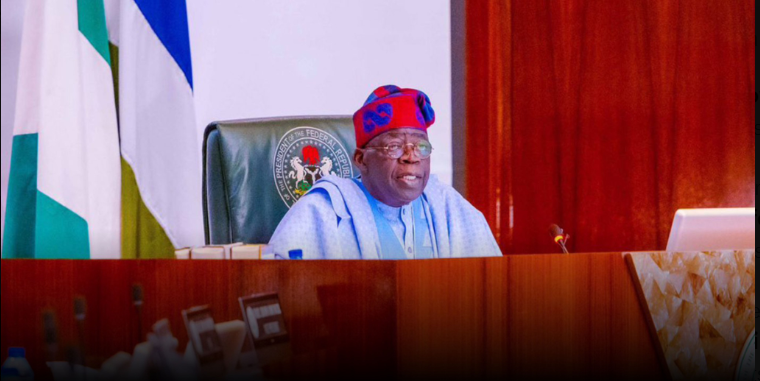In a recent address at the 20th All Nigeria Editors Conference in Yenagoa, Bayelsa State, President Bola Tinubu underscored the crucial role of the media in maintaining accountability among government officials, thereby fortifying Nigeria’s democratic framework. Speaking through the Minister of Information and National Orientation, Mohammed Idris, he emphasized the intrinsic connection between media functions and government responsibilities, asserting that both entities must engage in a collaborative spirit characterized by mutual respect. Tinubu’s remarks highlighted the necessity for the media to actively monitor and challenge both elected and appointed officials, thus ensuring that their actions contribute positively to the nation’s democratic ethos rather than undermining it.
The President’s call for collaboration aimed to enhance the effectiveness of governance and media engagement, proposing that when both parties operate as allies in the quest for nation-building, a conducive environment for transparency and accountability can flourish. He reiterated that cooperation between the government and the media should be devoid of antagonism, as such a harmonious relationship would facilitate the achievement of shared objectives that ultimately benefit Nigerian society. This vision signifies a shifting perspective towards a more unified approach to governance, where both sectors function together for the greater good.
In his address, Tinubu also reflected upon the values intrinsic to a healthy democracy, particularly the dual responsibilities of the media and the government to serve the public interest. He posited that the media’s duty to hold officials to account is a foundational element of democracy, emphasizing the importance of this role in fostering a culture of respect and shared responsibility. By advocating for an alignment of goals and methods between the media and government, the President aimed to cultivate a stable and informed citizenry, making both accountability and empowerment key themes in his administration’s approach to governance.
The President’s commentary extended to the broader themes of national resource management and development, recognizing Nigeria’s wealth in both human and natural resources. He posed a critical question regarding the capacity to convert these resources into tangible growth and improvement in citizens’ livelihoods. This inquiry reflects a deep understanding of the challenges facing the nation and highlights the necessity for strategic thinking and collaborative efforts among various stakeholders to transform potential into reality. Tinubu’s acknowledgment of Nigeria’s resource potential serves as a clarion call for innovative policies that align with the goals of public accountability and media scrutiny.
As he recounted his administration’s ongoing efforts over the past year and a half, Tinubu aimed to showcase a blueprint for future growth, outlining initiatives aimed at strengthening infrastructure, improving public services, and enhancing social development. These achievements, he suggested, are foundational steps toward realizing a more prosperous Nigeria. By illustrating concrete accomplishments, the President sought to instill confidence in both the media and the public regarding his commitment to building a better future. This strategic focus on accountability and transparency is aligned with his broader agenda of fostering collaboration between the government and the media.
In conclusion, President Bola Tinubu’s address emphasizes the symbiotic relationship between the media and government as instrumental to the advancement of Nigeria’s democracy. By urging the press to hold officials accountable while also promoting a spirit of cooperation, he articulated a vision for a more engaged and informed citizenry. His reflections on Nigeria’s potential, paired with a commitment to transparency and accountability, signal his administration’s intent to navigate the complexities of governance effectively. The ongoing collaboration between the government and the media, he argued, will lay the groundwork for a resilient, informed society capable of transforming Nigeria’s rich resources into sustainable development and growth.














